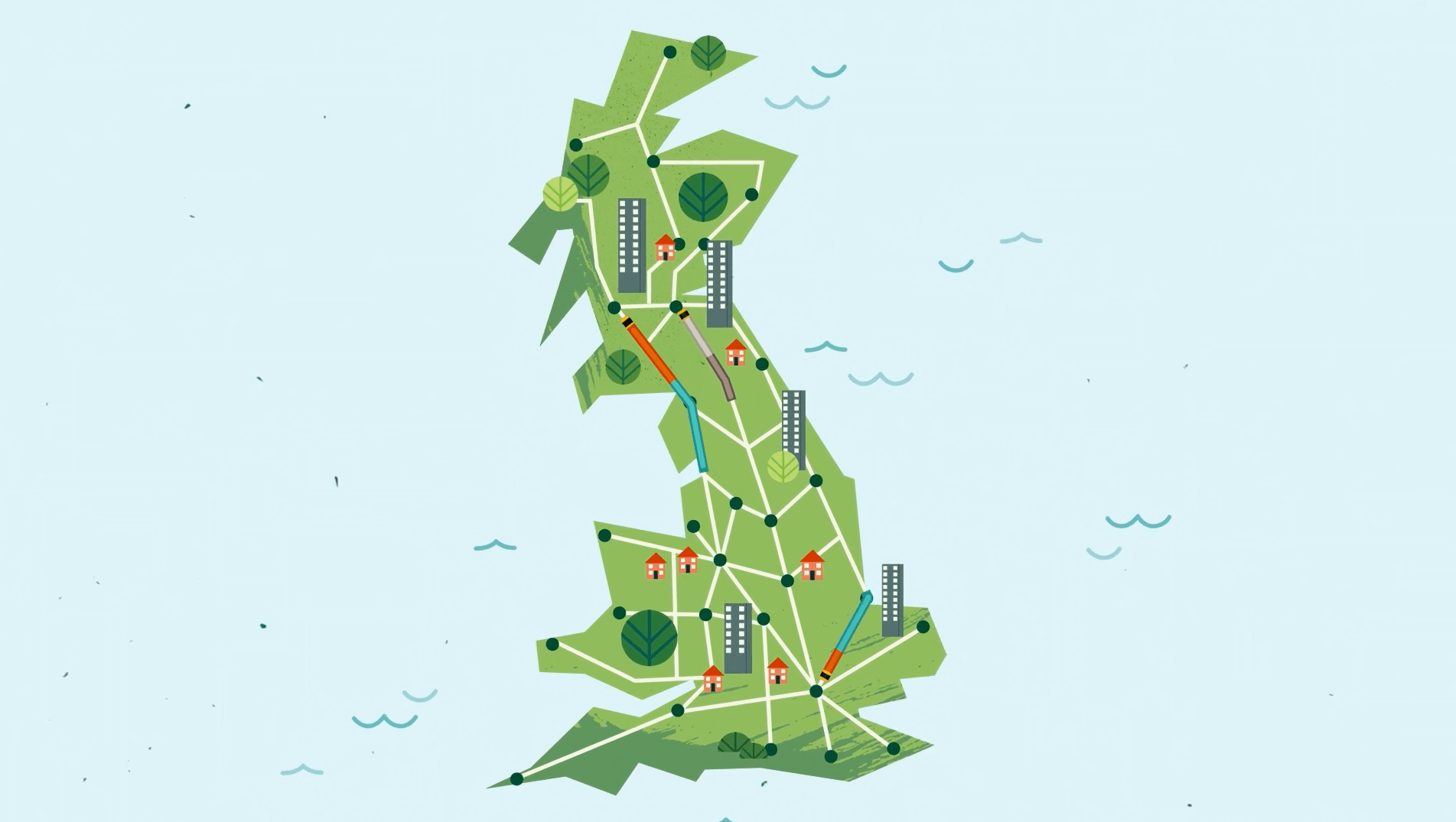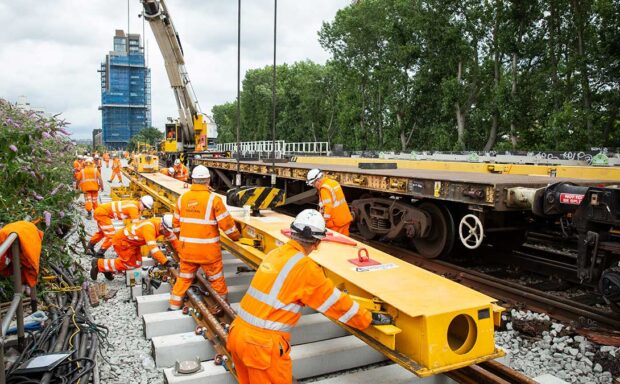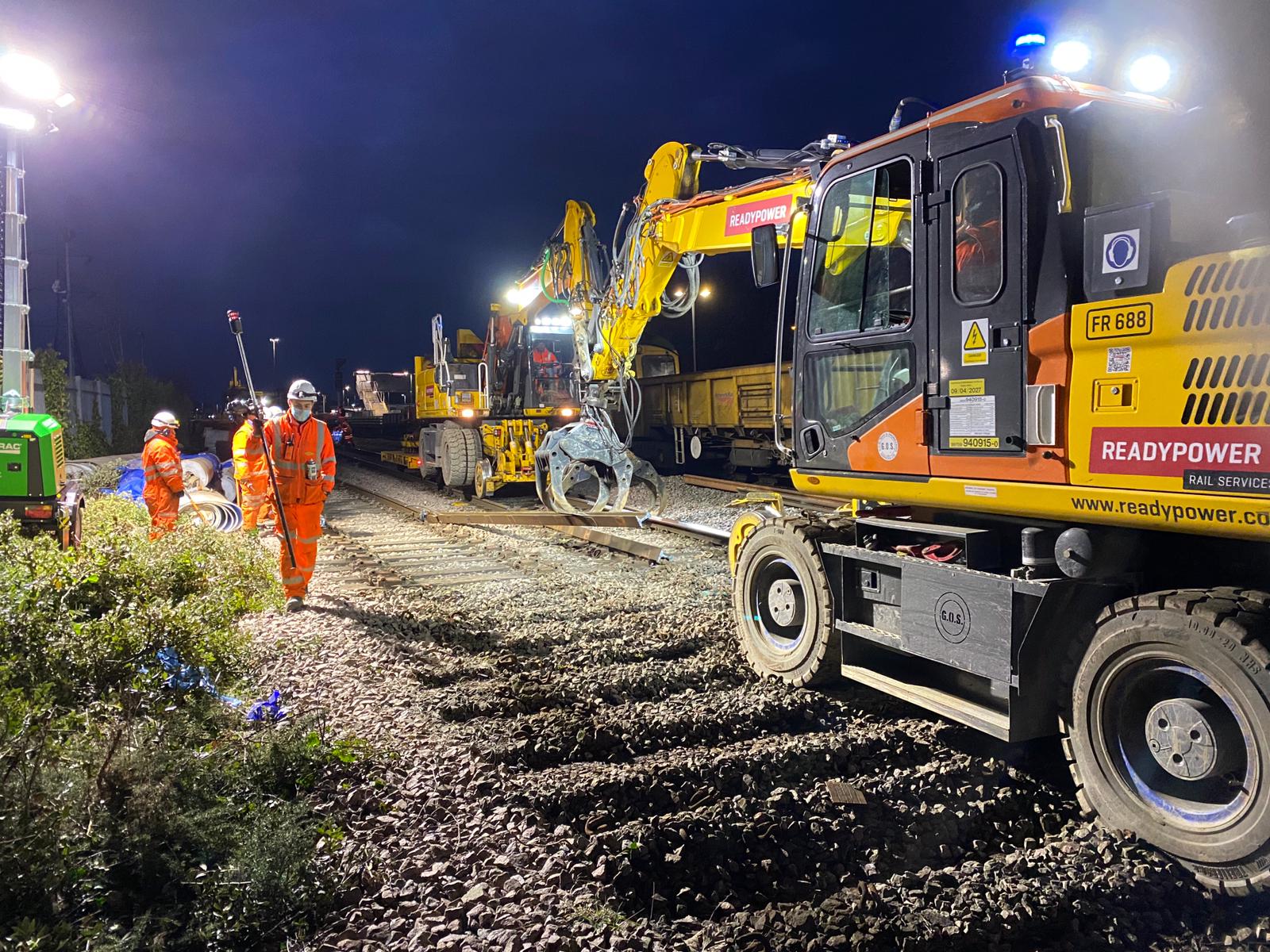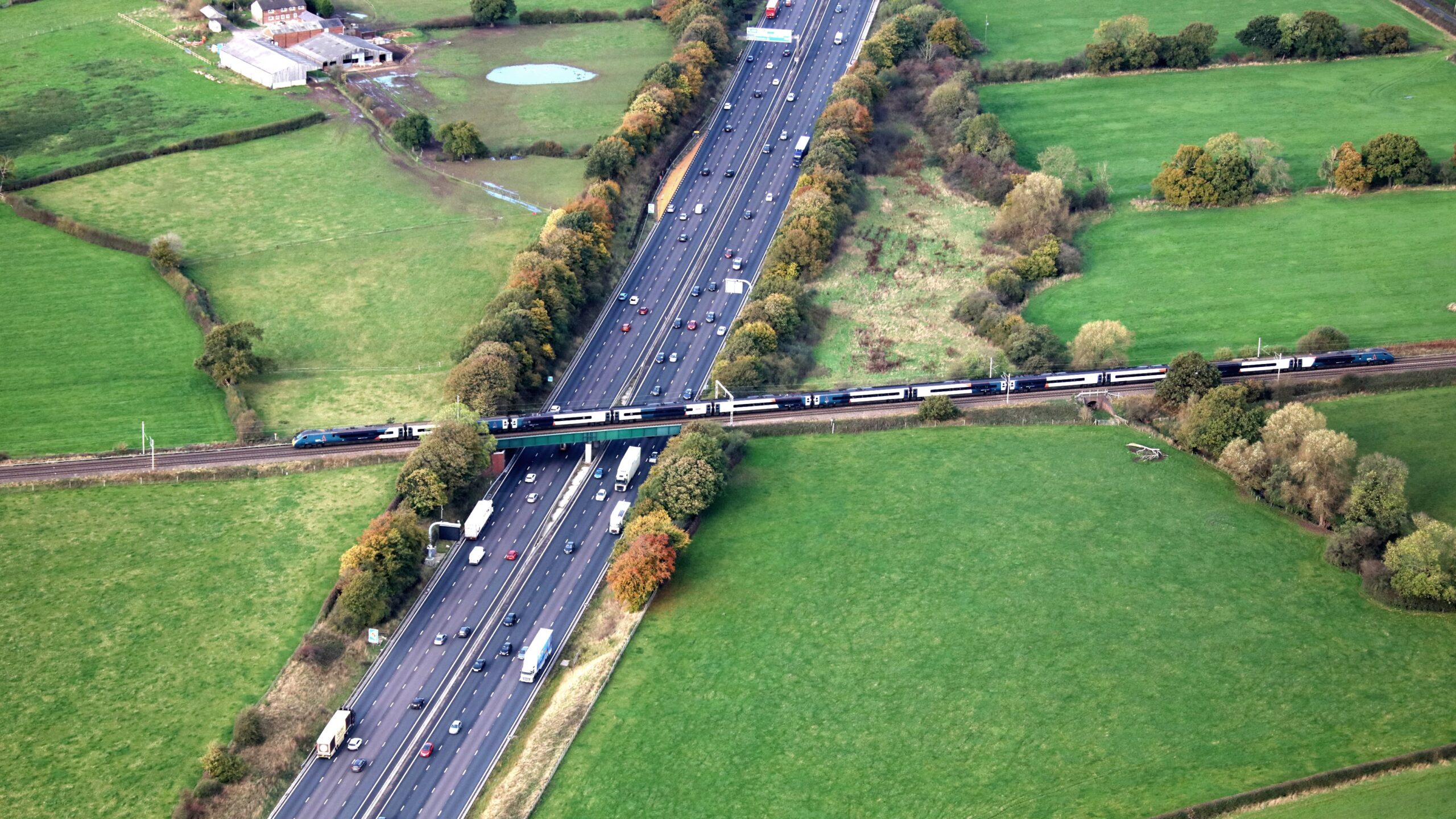Rail freight is a vital part of our infrastructure – and plays a huge role in the environment and economy.
In fact, most things you see or use each day have likely travelled by train at some point on their journey.
Watch the video to find out more:
Britain relies on the railway
Rail freight is a success story. Britain relies on rail freight to provide a faster, greener, safer and more efficient way of transporting goods than roads, whether it’s taking lorries off the roads and drastically reducing congestion or transporting goods that we consume every day.
The rail freight industry secured over £1.7bn of economic benefits for Britain. Benefits that are being felt right across the country.
It is an indispensable part of the British economy, and an essential component in supporting economic recovery and long-term sustainable growth.
Strategic Freight Network
We are enhancing the network to carry more freight traffic and make rail freight more competitive with other modes by increasing its efficiency. These schemes are branded as the Strategic Freight Network (SFN).
Economic and social benefits
A report published last year by industry body Rail Delivery Group, based on research by accountancy Deloitte, shows rail freight delivers £2.5bn in economic and social benefits to the UK annually.
That means businesses all around the country benefit from reliable and economical transport services. They provide efficient routes to markets and better connectivity to ports, supporting access to markets around the world.
Each tonne of freight transported by rail produces 76% fewer carbon emissions compared with road.
With a freight train carrying as much as 110 lorries, an increase in rail freight would reduce Britain’s carbon footprint and cut traffic jams, too.
Meanwhile, rail freight is tackling gridlock and pollution in England’s most congested city, removing as many as 1,000 lorries from London’s roads every day with similar benefits for cities across the UK.
The study found freight trains are moving more consumer items, including groceries, electronics and cars and than ever, underscoring the importance of transporting such a huge volume of goods by an alternative to road traffic.
The amount of building materials transported by freight have also continued to grow, supplying construction materials to improve roads, build new houses and even for DIY projects.
Moving building materials and cement is essential to construction and infrastructure projects, and helping Britain to build back better.





